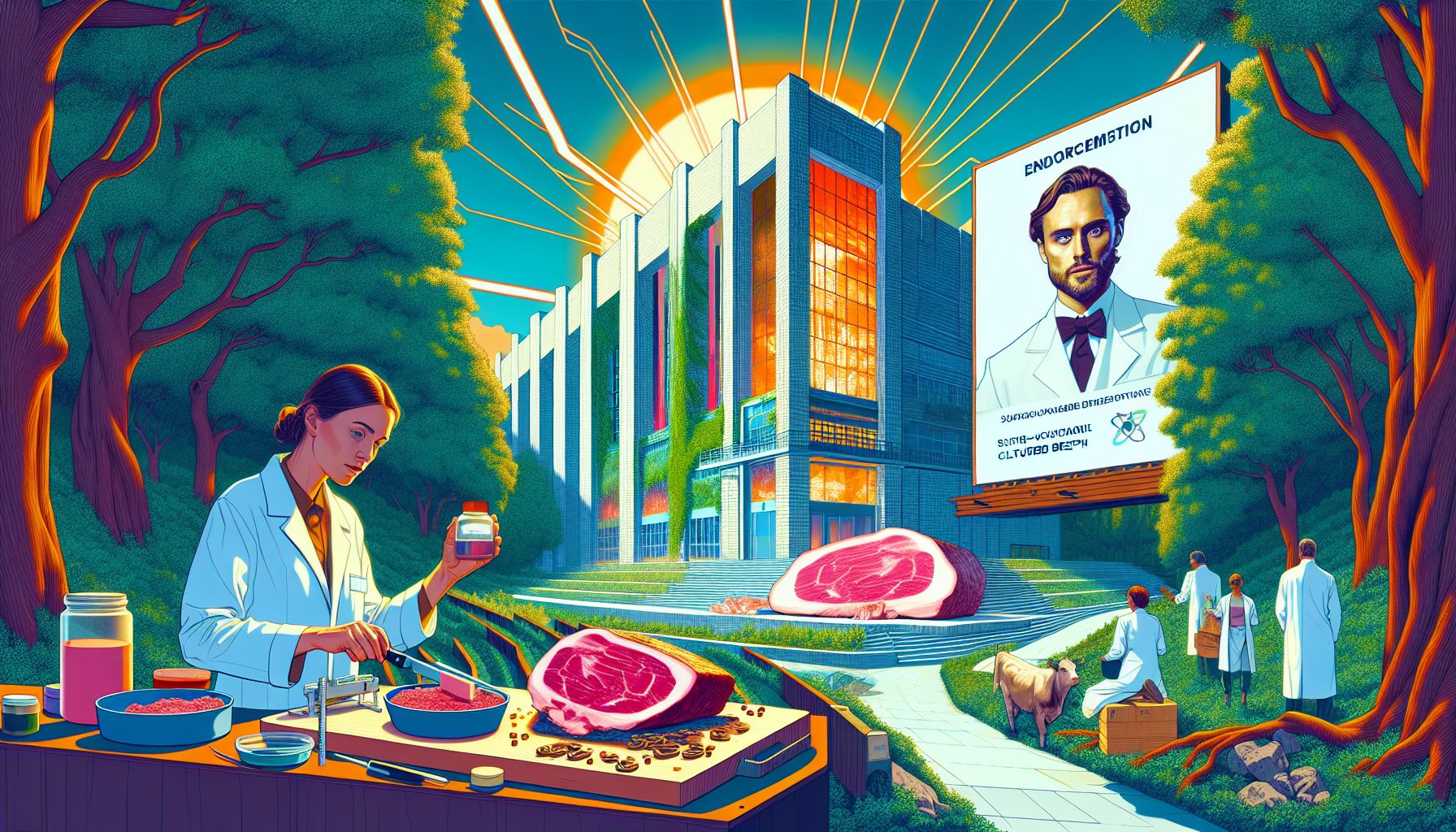Mosa Meat Seeks EU Approval for Sustainable Cultured Beef

Maastricht, Wednesday, 22 January 2025.
Mosa Meat, supported by Leonardo DiCaprio, has applied for EU approval for its cultured beef, potentially reducing emissions by 93% and requiring significantly less land and water than traditional beef.
Groundbreaking Application in Food Technology
Maastricht-based Mosa Meat submitted its first application for market approval under the EU’s Novel Foods Regulation on January 21, 2025 [1][2]. This represents a significant milestone as only the second cultivated meat product to seek EU approval, following French startup Gourmey’s application in 2024 [2]. The application specifically focuses on cultured beef fat, intended for use in various dishes such as hamburgers and meatballs [1].
Revolutionary Production Process
The company’s innovative approach involves harvesting animal cells and growing them in a bioreactor, eliminating the need for traditional slaughterhouses [2]. Operating from the world’s largest cultivated meat facility in Maastricht, measuring 7,340 m² and featuring a 1,000-liter bioreactor [3], Mosa Meat has made remarkable progress in cost reduction. The company has achieved an 80-fold reduction in growth medium costs and a 66-times reduction in fat medium costs since their first proof-of-concept burger in 2013 [3].
Environmental Impact and Market Potential
According to peer-reviewed Life Cycle Assessments, cultured beef production demonstrates remarkable environmental benefits, potentially reducing greenhouse gas emissions by up to 93%, using 95% less land, and requiring 78% less water compared to conventional meat production [1][3]. This innovation addresses a crucial environmental challenge, considering that livestock farming currently occupies 71% of the EU’s agricultural land and is responsible for 84% of food system emissions [3].
Regulatory Timeline and Future Prospects
The approval process is expected to take approximately 18 months, with a projected completion date around July 2026 [1][2]. Public reception appears promising, with a 2024 survey indicating strong support from 16,000 citizens across 15 EU countries, contingent on safety assessment approval [3]. As CEO Maarten Bosch states, “By starting with cultivated fat, we’re paving the way to introduce our first burgers to consumers while staying true to our long-term vision” [2].

